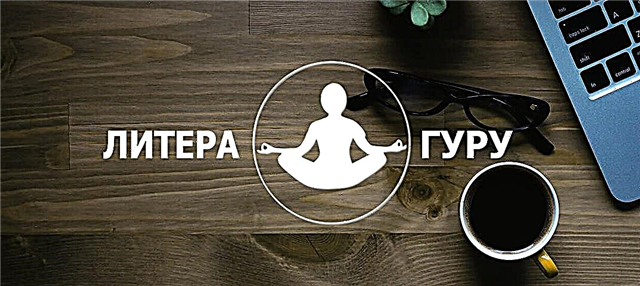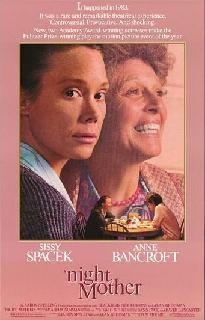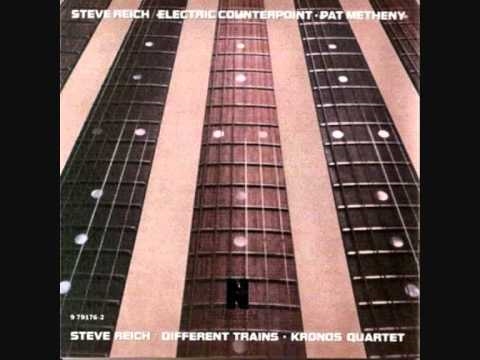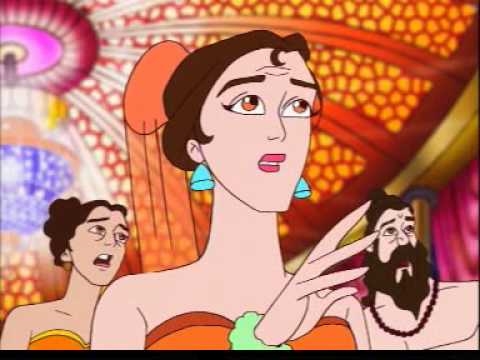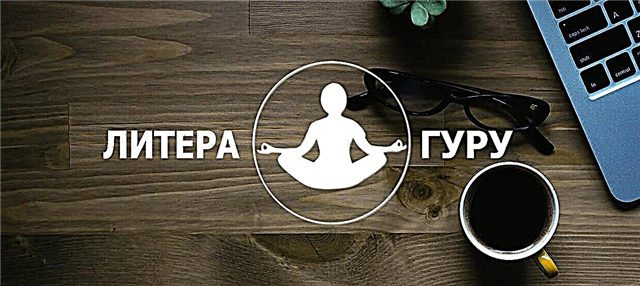Nikolai Ostrovsky’s autobiographical novel is divided into two parts, each of which contains nine chapters: childhood, adolescence and youth; then mature years and illness.
For an unworthy act (he put makhra in the dough for the priest), the cook of his son, Pavka Korchagin, is expelled from school, and he gets "into the people." “The boy looked into the very depths of life, at its bottom, into the well, and the musty mold, swamp dampness smelled of him, greedy for everything new, unknown”. When the stunning news “The Tsar was thrown off” burst into his small town, Pavel didn’t have time to think about studying at all, he works hard and does not hesitate to boy, he hides his weapon in spite of the ban on the part of the chefs who suddenly surged through non-metal. When an avalanche of Petlyura gangs floods the province, he witnesses many Jewish pogroms that ended in brutal killings.
Anger and indignation often embrace the young daredevil, and he cannot help helping the sailor Zhukhrai, a friend of his brother Artem, who worked in the depot. The sailor more than once kindly spoke with Pavel: “You, Pavlush, have everything to be a good fighter for the work, but you are very young and you have a very weak concept of the class struggle. I’ll tell you, brother, about the real way, because I know that you will be good. I do not like quiet and anointed people. Now, fire has begun all over the earth. Slaves revolted and the old life should be sank. But for this, brave lads are needed, not sons of a mother, but a people of a strong breed, which before a fight does not climb into the cracks like a cockroach, but beats without mercy. " Skilled and muscular, Pavka Korchagin rescues Zhukhrai from under the convoy, for which he is being seized by the Petliurists by his denunciation. Pavke was not familiar with the fear of a layman protecting his belongings (he had nothing), but ordinary human fear seized him with an icy hand, especially when he heard from his guard: “Why drag him, pan-e-lion? A bullet in the back, and it's over. " Pavka became scared. However, Pavka manages to escape, and he hides with a friend of the girl Tony, in love with whom. Unfortunately, she is an intellectual from the "class of the rich": the daughter of a forester.
After passing the first baptism of fire in the battles of the Civil War, Pavel returns to the city where the Komsomol organization was created, and becomes its active member. An attempt to drag Tonya into this organization fails. The girl is ready to obey him, but not to the end. She comes too loose at the first Komsomol meeting, and it is hard for him to see her among the faded gymnasts and blouses. Tony's cheap individualism becomes intolerable to Paul. The need for a break was clear to both of them ... Paul's intransigence leads him to the Cheka, especially in the province it is headed by Zhukhrai. However, the Chekist work is getting very destructive on Pavel’s nerves, his shell pains become more frequent, he often faints, and after a short respite in his native city, Pavel goes to Kiev, where he also falls into the Special Department under the direction of Comrade Segal.
The second part of the novel opens with a description of the trip to the provincial conference with Rita Ustinovich, Korchagin is assigned to her as assistants and bodyguards. Borrowing a “leather jacket” from Rita, he squeezes into the carriage and then pulls a young woman through the window. “For him, Rita was untouchable. It was his friend and fellow target, his political instructor, and yet she was a woman. He felt it for the first time at the bridge, and that’s why he is so excited about her hug. Pavel felt deep even breathing, somewhere quite close to her lips. From intimacy an irresistible desire was born to find these lips. Straining his will, he suppressed this desire. " Unable to control his feelings, Pavel Korchagin refuses to meet with Rita Ustinovich, who teaches him about political literacy. Thoughts about the personal are pushed even further in the minds of the young man when he takes part in the construction of a narrow gauge railway. The season is difficult - winter, Komsomol members work in four shifts, not having time to relax. The work is delayed by gang raids. There is nothing to feed the Komsomol members, there are no clothes and shoes either. Work to a complete breakdown ends in a serious illness. Paul falls, struck by typhus. His closest friends, Zhukhrai and Ustinovich, having no information about him, think that he has died.
However, after illness, Paul is back in service. As a worker, he returns to the workshops, where he not only works hard, but also restores order, forcing the Komsomol members to wash and clean the workshop to the great bewilderment of the authorities. The class struggle continues in the town and throughout Ukraine, the Chekists are catching the enemies of the revolution, suppressing gang raids. The young Komsomol member Korchagin does a lot of good deeds, defending the cells of his comrades at meetings, and party friends in the dark streets.
“The most precious thing in man is life. It is given to him once, and it is necessary to live it so that there is no excruciating pain for the years spent aimlessly, so that shame does not burn for the petty and petty past, and that, dying, he can say: all life, all forces were given to the most beautiful in the world - the struggle for the liberation of mankind. And we must hurry to live. After all, an absurd illness or some tragic accident can interrupt it. ”
Having witnessed many deaths and killing himself, Pavka appreciated every day he lived, accepting party orders and statutory orders as responsible directives of his life. As a propagandist, he also takes part in the defeat of the "workers' opposition", calling the behavior of his own brother "petty-bourgeois", and even more so in verbal attacks on the Trotskyists who dared to speak out against the party. They do not want to listen to him, but in fact Comrade Lenin pointed out that we should rely on youth.
When in Shepetivka it became known that Lenin had died, thousands of workers became Bolsheviks. The respect of the party members advanced Pavel far ahead, and one day he ended up in the Bolshoi Theater next to a member of the Central Committee, Rita Ustinovich, who was surprised to learn that Pavel was alive. Paul says that he loved her, like Gadfly, a man of courage and infinitely enduring. But Rita already has a friend and a three-year-old daughter, and Pavel is sick, and he is sent to the Central Committee sanatorium, carefully examined. However, a serious illness leading to complete immobility progresses. No new best sanatoriums and hospitals are able to save him. With the thought that “we must remain in service,” Korchagin begins to write. Next to him are good kind women: first, Dora Rodkin, then Taya Kutzam. “Is it good or bad he lived his twenty-four years? Going through the memory year after year, Pavel checked his life as an impartial judge and with deep satisfaction decided that life was not so bad ... Most importantly, he did not oversleep hot days, found his place in the iron struggle for power, and the crimson banner of the revolution is his few drops of blood. ”

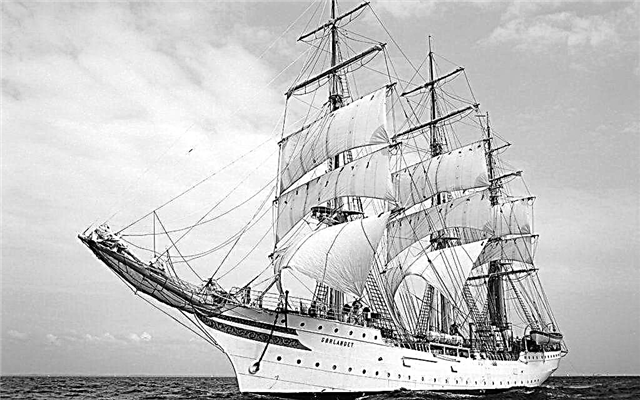
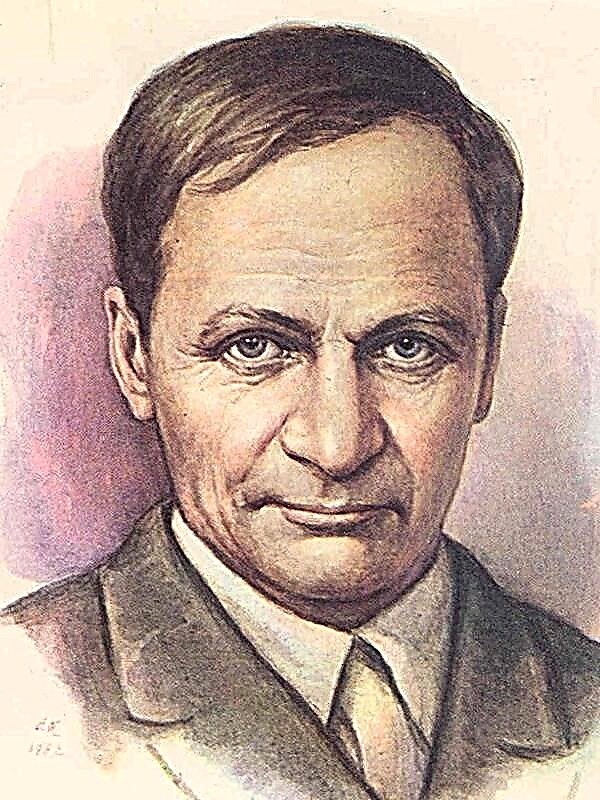
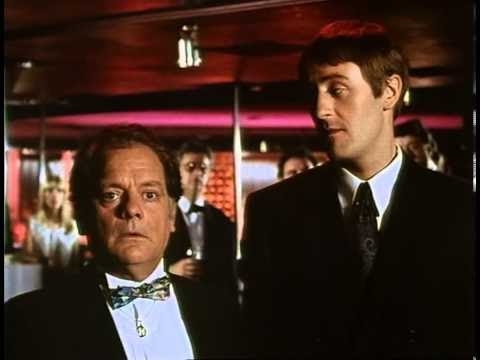
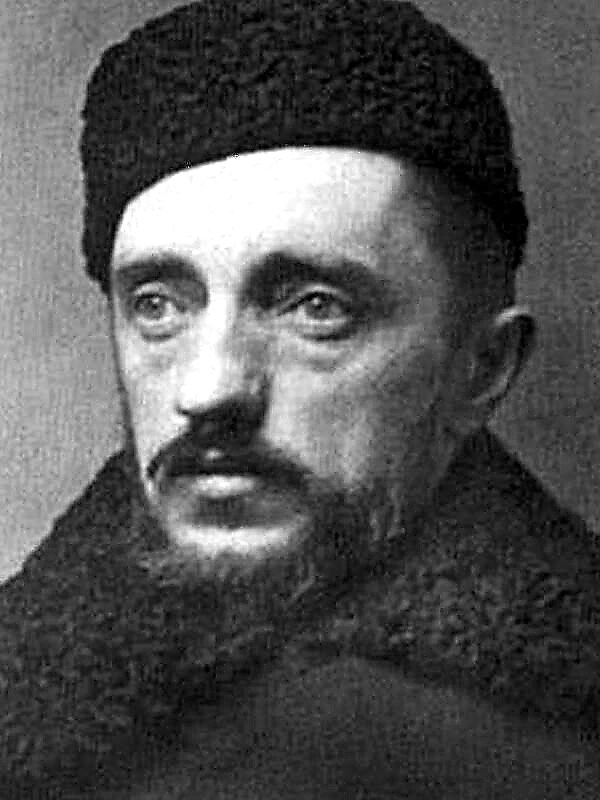

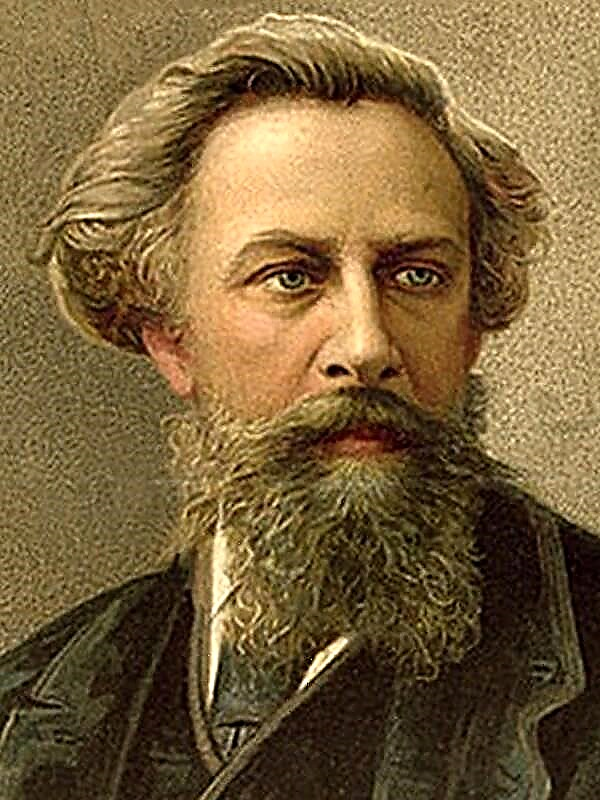
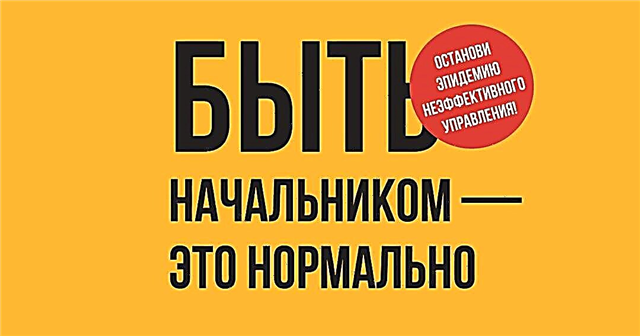 Being a boss is fine
Being a boss is fine